In the United Nations Convention on the Rights of a Child, it states that ‘play’ is the right of all children. This reinforces the value placed on ‘play’ both here in Australia and internationally.
You will often hear educators use the terms ‘play-based learning’ or discussing the importance of play in early childhood. At The Scots College, our early learning program is inspired by the Reggio Emilia education philosophy which models a partnership with children, teachers and parents.
At Scots, the Early Years Centre is a place of adventure, growth and learning. Our aim is to support the boys’ natural curiosity, eagerness to learn and their love of communication with others. Our learning environment is designed to provoke curiosity and constantly challenge boys’ thinking.
Here are our top 5 reasons why play is important in the early years:
- Developing secure attachments: Through play children begin to foster secure attachments to their peers, families and educators. Strong relationships are the key to children feeling safe, secure and supported, which impacts their learning, happiness and self-esteem. Parents are a child’s first teacher and much of that teaching happens through play.
- The effect of play on brain development: Play has intellectual and cognitive benefits for the brain and it is believed that play can in fact shape the structural development of the brain.
- Development of learning skills: Through play children develop important learning and life skills such as exploring, identifying, negotiating, risk-taking and imagining.
- Speech and language development through play: During play children are watching, listening, exploring and imitating. Even when your child is playing silently, they are learning important information and exposed to new vocabulary that they will carry with them and use later.
- The ability to regulate their behaviour: As children play they are learning skills such as how to concentrate on a task, how to take turns and how to share. In turn these will aid them in regulating their behaviour and emotions.
Play leads to enhanced school adjustment and, most importantly, a love of learning. When children play and learn new things they discover that learning can be fun and go on to view learning as something enjoyable, rather than a chore.
Written by Julia Cookson, The Scots College.
To learn more about early learning at The Scots College, please download our Early Years Centre Prospectus.






